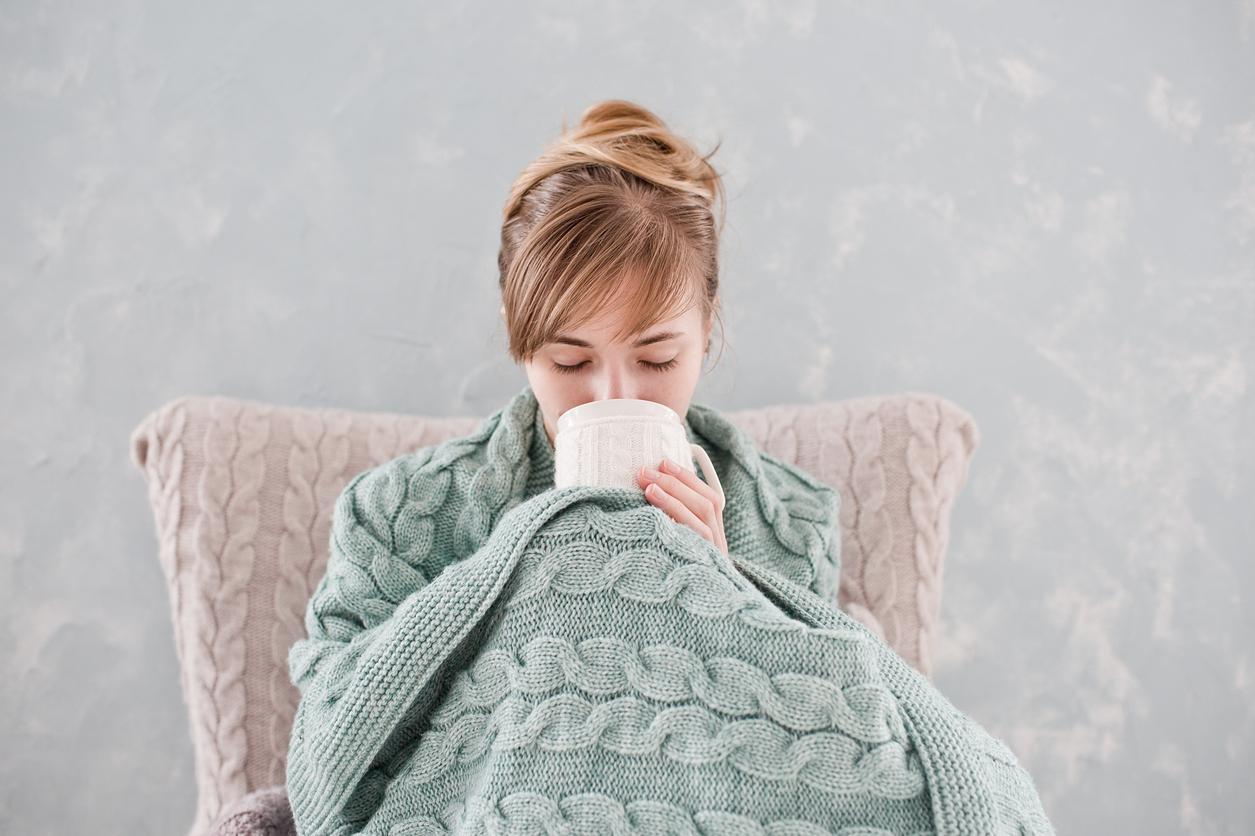Drinking tea and wine could keep flu at bay, finds research
Forget Lemsip, pass us the vino

When you’re suffering from flu – cue a sore throat, fever, cough and stuffy nose – and want to stop it in its tracks, the answer typically lies with Lemsip, a heavy dose of vitamin C and getting plenty of rest.
But, according to new research, the best remedy could be hidden in your wine rack, or be as simple as brewing a cup of tea.
The study, conducted by scientists at the Washington University School of Medicine, has found that a compound found in foods such as red wine, black tea and blueberries could help gut bacteria fight infections and prevent severe influenza.
Published in the journal Science, in their test on mice, the researchers explained that flavonoids found in these products worked with a particular gut micriobiome – clostridum oribiscidens – to create a metabolite that boosts the immune response.
As a result, flu symptoms lessen and the time it takes to return to health is reduced.
“For years, flavonoids have been thought to have protective properties that help regulate the immune system to fight infections,” said Ashley Steed, the study’s author.
“Flavonoids are common in our diets, so an important implication of our study is that it’s possible flavonoids work with gut microbes to protect us from flu and other viral infections. Obviously, we need to learn more, but our results are intriguing.”
But before you use this an excuse to get through a few bottles of your favourite plonk, it’s important to note that this research is yet to be carried out on humans with flu symptoms.
And as such, the definitive effect that foods containing flavonoids, like wine, tea and blueberries, has on actually making you feel better remains unclear.
Join our commenting forum
Join thought-provoking conversations, follow other Independent readers and see their replies
Comments
Bookmark popover
Removed from bookmarks